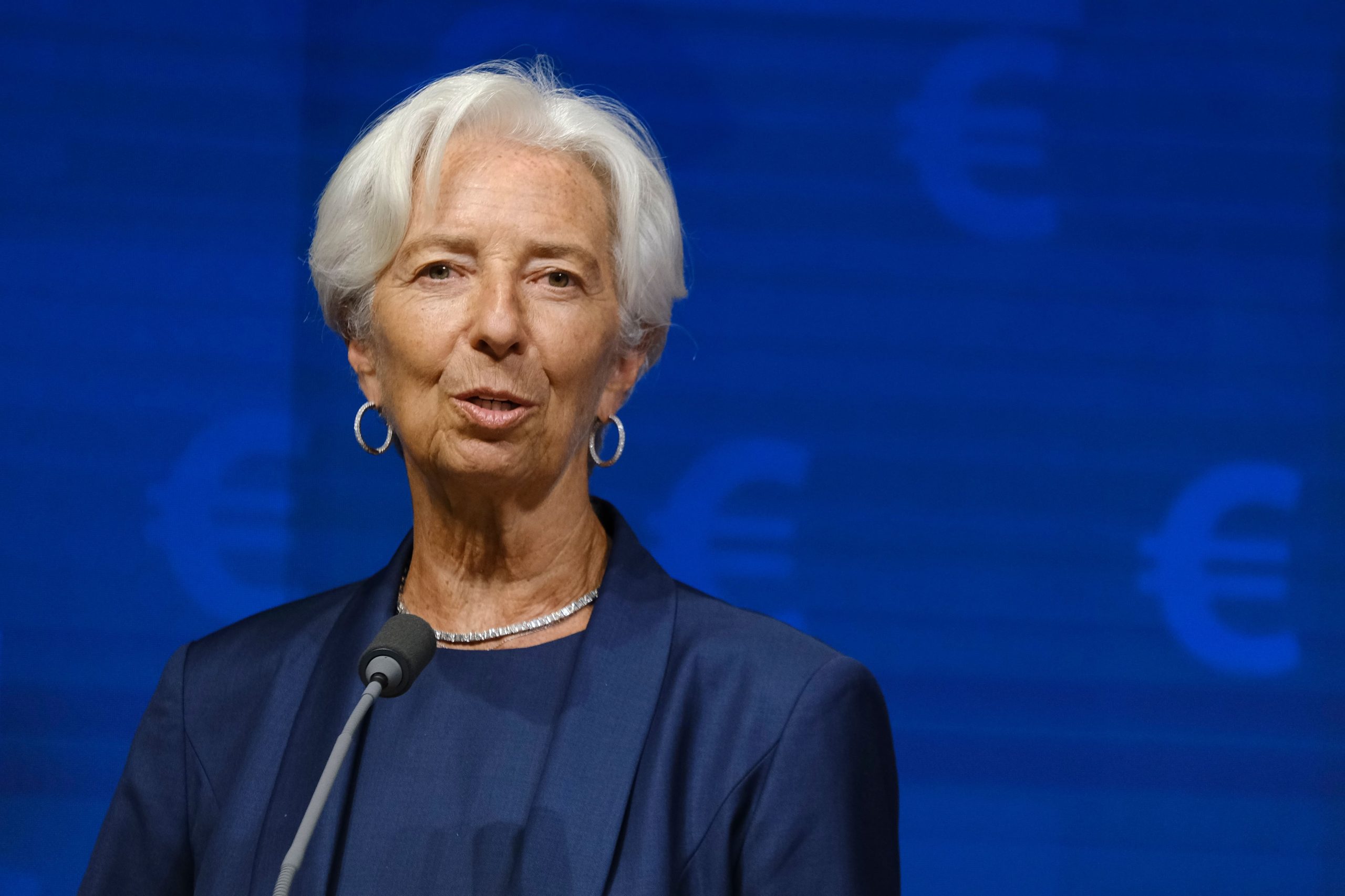Pig butchering has become one of the most sophisticated and formidable scams in the crypto space.
Experts say 2024 will bring no respite.
“I expect pig-butchering scams to continue to increase in both severity and scope,” said Eric Jardine, the cybercrimes research lead at Chainalysis.
Laundering operation
Despite heightened public awareness and efforts of law enforcement agencies in many countries, online financial scams are accelerating in scale and frequency.
In April, the US Justice Department seized more than $112 million linked to such schemes.
In December, US prosecutors in California indicted four individuals in a multimillion-dollar laundering operation connected to those scams.
According to authorities, a pig-butchering syndicate allegedly processed at least 284 transactions in the scams, culminating in more than $80 million in losses for investors.
In China, tens of thousands have been apprehended for involvement in such schemes — even some who are believed to have been forced into scamming.
The UN estimates that hundreds of thousands of people are working in compounds in Myanmar, Cambodia, Vietnam, Thailand and the Philippines, forced into “coerced digital delinquency.”
The intervention led to the arrest and subsequent alleged suicide of patriarch Ming Xuechang.
The situation escalated in October when anti-government militias in Shan State, Myanmar, and Chinese police targeted the Ming family, a notorious crime syndicate that ran many compounds in the area.
The intervention led to the arrest and subsequent alleged suicide of patriarch Ming Xuechang, according to media reports.
Pivotal shift
This marked a pivotal shift in the strategy against these criminal networks, targeting key figures and their political enablers rather than focusing on lower-level operatives.
In December, the UK sanctioned nine individuals and several companies linked to scam compounds.
Cambodia’s Interior Ministry dismissed the sanctions. Khieu Sopheak, a spokesperson for the ministry, told local media that British law does not have any influence in Cambodia, which is “not a colony.”
Still, officials have publicly tried to downplay problems for fear it is hurting the tourism industry — particularly after “No More Bets,” a Chinese-language movie about scam compounds became a summer blockbuster.
Will the scale of victimisation and financial losses rise in 2024? “Absolutely, yes,” said California prosecutor Erin West, who specialises in cybercrime, in a statement to DL News.
Shrouded in mystery
The intricacies of these scams still remain shrouded in mystery.
Recent raids in Singapore unearthed connections spanning multiple countries linked to these criminal networks.
The FBI’s Internet Crime Complaint Center first mentioned pig butchering in its annual internet crime report in 2021. That year, it received more than 4,325 complaints accounting for losses of more than $429 million in the US alone (in 2022, it didn’t give specific statistics for pig butchering).
While the reported losses from these scams are already staggering, the actual figures are likely higher.
TRM Labs estimates that only 15% of the victims report their losses, with many finding law enforcement resources insufficient to pursue their cases.
Marketing scams
It’s not just pig butchering that people need to watch out for, according to Chainalysis’ Jardine.
“I anticipate the resurgence of multi-level marketing and high-yield investment scams as we continue to see Bitcoin’s price appreciation and the potential launch of new Bitcoin-related investment products,” he said.
“This may trigger the rise of alternative forms of scams that lack the level of personalisation of pig butchering,” he added.
Callan Quinn, DL News’ Hong Kong correspondent, covers the crypto industry in Asia. Have a tip? Contact the author at callan@dlnews.com.





















